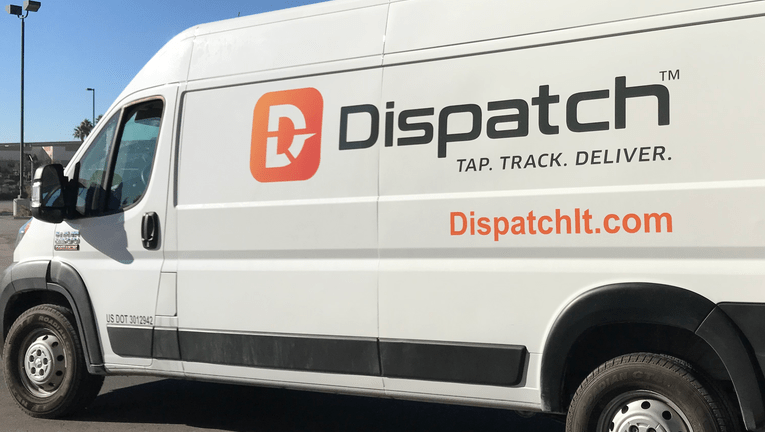In the world of cannabis supply chain technology, Radio‑Frequency Identification (RFID) and Global Positioning System (GPS) solutions are fast emerging as foundational pillars for streamlined, compliant, and cost‑effective distribution logistics. These cutting‑edge tools enable licensed operators to track inventory with precision, maintain regulatory adherence, safeguard assets, and respond swiftly in the highly regulated cannabis sector.
RFID: Precision & Traceability from Seed to Sale
RFID tags—tiny chips affixed to individual plants, packages, or pallets—emit unambiguous electronic data that can be read remotely by scanners. Unlike barcodes, which require line‑of‑sight and manual scanning, RFID can capture hundreds of tag reads simultaneously, even through packaging or dunnage.
Cannabis businesses utilize passive and UHF RFID tags to record vital compliance data—strain, origin, harvest date—directly into state tracking systems like Metrc or platforms such as Yobi and Trym. These systems ensure near‑100% inventory count accuracy, critical given Federal and state mandates around regulated products.
Moreover, RFID enhances operational effectiveness. Cultivators can locate plants in large grow rooms instantly; distributors can process incoming shipments in minutes rather than hours. RFID also supports rapid product recalls—crucial in a market where public safety and regulatory compliance are paramount.
GPS: Real-Time Oversight for Distribution and Delivery
GPS trackers, embedded in delivery vehicles or transport containers, provide critical real-time location data throughout transit. This is especially valuable in cannabis logistics, where chain‑of‑custody and secure transport are non‑negotiable.
Clients of GPS solutions gain live visibility into fleet positions for route optimization, ETA forecasting, and keeping held in compliance with municipal regulations. GPS systems also flag vehicle misuse (e.g., unauthorized stops or detours) and support safety through dashcam integrations.
Integrating GPS with Inventory systems provides a unified data view: knowing not just where the shipment is, but exactly which batch it contains reinforces accountability, reduces shrinkage, and enhances customer confidence.
RFID + GPS: A Connected Ecosystem
The symbiosis of RFID and GPS transforms cannabis logistics from siloed operations into an integrated, transparent supply chain. RFID provides granular item‑level detail; GPS maps movement across geography. Combined with seed‑to‑sale platforms, this ecosystem empowers:
- Regulatory Compliance: Seamless reporting to Metrc and other regulatory databases keeps businesses audit‑ready.
- Theft and Loss Prevention: GPS guards against diversion; RFID logs each product’s lifecycle.
- Operational Efficiency: Real‑time stock levels and fleet tracking streamline warehouse workflows and delivery coordination.
- Customer Safety: Precise recall ability protects public health and company brand integrity.
Market Momentum & ROI
Industry reports confirm significant growth: RFID tagging in logistics is projected to fuel a $40.9 billion global market by 2032—up from $15.8 billion in 2023—with double‑digit CAGR, largely driven by regulated sectors. GPS tracking systems for cannabis transport are also gaining traction, buoyed by regulatory demand and operator adoption.
Implementation Considerations
Cannabis operators should weigh key factors for successful RFID + GPS implementations:
- Tag Selection: Passive UHF tags for plants/packages; GPS trackers with reliability in transit.
- System Integration: Seamless connection with platforms like Metrc, ERP, and logistics dashboards.
- Costs vs. Gains: Initial expenses can be offset through labor savings, reduced product losses, and compliance safeguards.
- Security & Privacy: Robust tagging and encryption prevent tampering or unauthorized reads.
In Summary
RFID and GPS solutions are no longer optional—they’re essential infrastructure for scalable, compliant, and secure cannabis distribution. By marrying granular traceability with real‑time transit oversight, operators can minimize risks, optimize workflows, and reinforce their brand’s integrity in a competitive and regulated marketplace.





